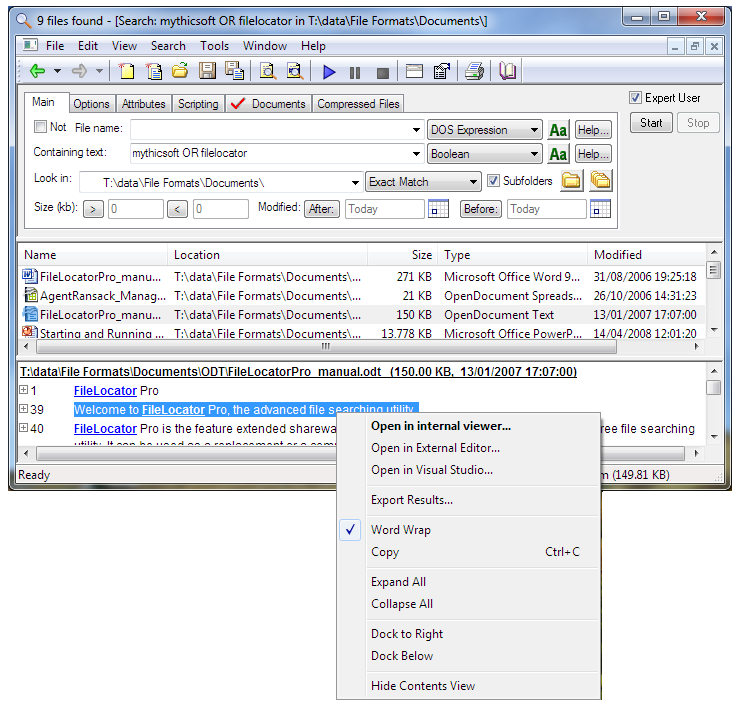

The caret and dollar always match at embedded line breaks in std::regex, while in JavaScript and POSIX this is an option. The only significant differences are that std::regex supports POSIX classes even in ECMAScript mode, and that it is a bit peculiar about which characters must be escaped (like curly braces and closing square brackets) and which must not be escaped (like letters).īut there are important differences in the actual behavior of this syntax. But in reality the C++ implementation is very loosely based these standards. Most C++ references talk as if C++11 implements regular expressions as defined in the ECMA-262v3 and POSIX standards. awk: Same as extended, with the addition of supporting common escapes for non-printable characters.egrep: Same as extended, with the addition of treating line feeds as alternation operators.grep: Same as basic, with the addition of treating line feeds as alternation operators.Six different regular expression flavors or grammars are defined in std::regex_constants: Most importantly the ECMAScript regex syntax in Boost adds a number of features borrowed from Perl that aren’t part of the ECMAScript standard and that aren’t implemented in the Dinkumware library. While std::regex as defined in TR1 and C++11 defines pretty much the same operations and classes as boost::regex, there are a number of important differences in the actual regex flavor. When using the classic Borland compiler in C++Builder XE3 and later, you can use boost::regex instead of std::regex. In Visual C++ 2008, the namespace is std::tr1::regex rather than std::regex.Ĭ++Builder 10 and later support the Dinkumware implementation std::regex when targeting Win32 if you disable the option to use the classic Borland compiler. It is also supported by C++Builder XE3 and later when targeting Win64. When this website mentions std::regex, this refers to the Dinkumware implementation of the C++ standard library that is included with Visual C++ 2008 and later. Prior to C++11, was part of the TR1 extension to the C++ standard library. The C++ standard library as defined in the C++11 standard provides support for regular expressions in the header.


 0 kommentar(er)
0 kommentar(er)
